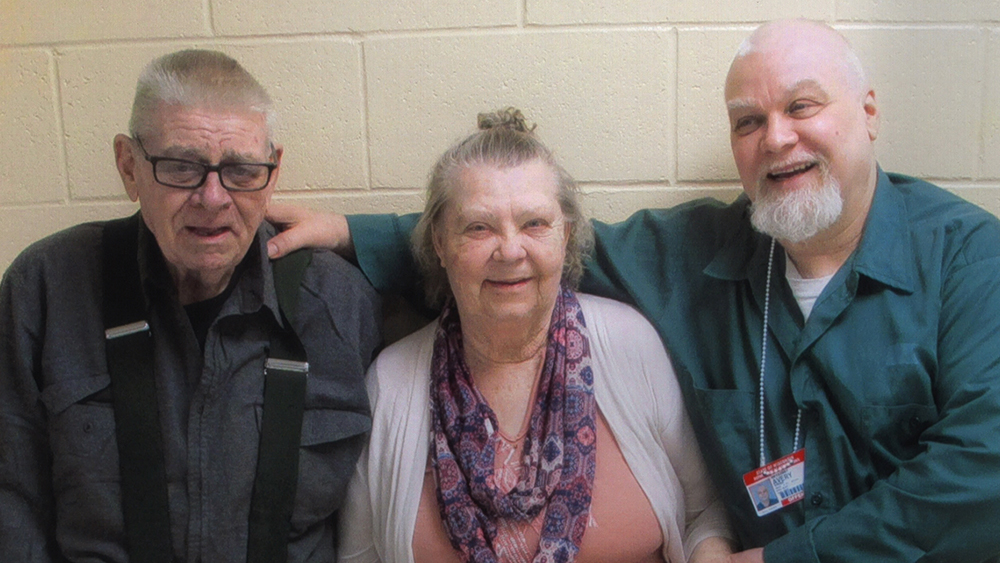Listen: ‘Making a Murderer’ Team on Pursuing ‘Social Justice’ in Season 2
By Debra Birnbaum
LOS ANGELES (Variety.com) – Welcome to “Remote Controlled,” a podcast from Variety featuring the best and brightest in television, both in front of and behind the camera.
In this week’s episode, Variety’s executive editor of TV, Debra Birnbaum, speaks with the filmmakers behind “Making a Murderer,” Laura Ricciardi and Moira Demos, about Season 2 of the hit documentary, which returns to Netflix on Oct. 19.
Listen to this week’s podcast for free below and at Apple Podcasts:
The first season, which chronicled Teresa Halbach’s 2005 murder trial and the convictions of Steven Avery as well as his nephew Brendan Dassey, ignited a firestorm, with advocates on either side arguing vociferously over the men’s guilt or innocence — and the filmmakers say they had plenty of material worth exploring for a second season.
“We knew that this story wasn’t over,” Demos says. Adds Ricciardi, “In part two, we wanted to look at the experience of the convicted and imprisoned, two people who are serving life in prison, maintaining their innocence, and wanting to fight to regain their freedom. For us, the central dramatic question for part two was, will these two individuals succeed?”
But Season 2 presented its own set of challenges: Not only had Demos and Ricciardi, once anonymous, become stars in their own right (“We did not want to become subjects in the story,” says Ricciardi), but there’s now a worldwide laser focus on every motion filed. A basic internet search will reveal that both men are still behind bars, with their latest appeals denied by the courts.
“I would argue it’s not the whole story you can find on Google,” says Demos, who promises “major discoveries” to come. “You may know the outline, but you don’t know the story.”
And then there’s the matter of the barrage of criticism flung at them, which they tackle head on: The first episode starts with an extended, five-minute-long cold open detailing all the alleged flaws, before diving in to the myriad twists and turns that have unfolded since.
“I think one of the main criticisms we heard was that we minimized evidence that would have tended to prove Steven Avery’s guilt,” says Ricciardi. “From a storyteller’s perspective, it’s a ridiculous allegation because the greater the conflict, the greater the drama. We wouldn’t choose to minimize something that would have been stronger evidence for the prosecution.”
They insist, though, that they don’t have an opinion on the men’s guilt or innocence. “What we were doing was holding a mirror up to the process,” says Ricciardi. “We did come away with our own opinion of whether we thought the process was fair, and whether or not the state met its burden. We don’t believe that the state did. But do we have an opinion about who might have killed Teresa Halbach? Absolutely not. We have no idea.”
New episodes of “” are available every Friday. Subscribe on iTunes , Stitcher, Soundcloud, or anywhere you download podcasts.
You can find past episodes here and on Apple Podcasts .

